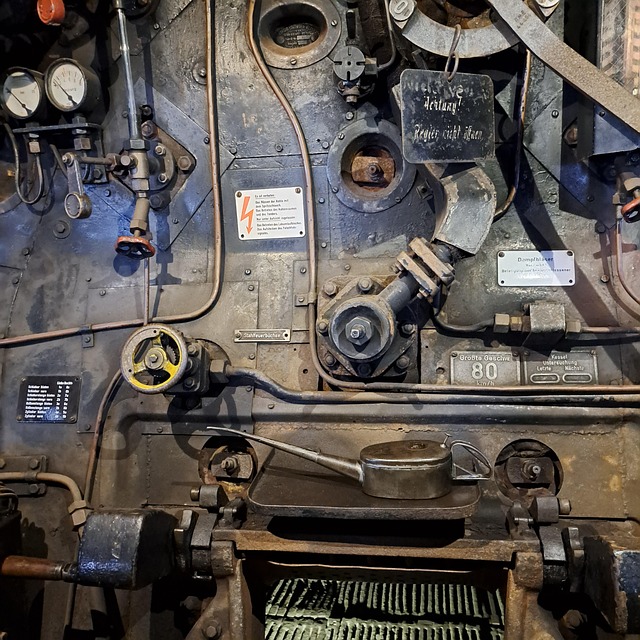Boiler pressure problems, caused by leaks, air, and improper maintenance, impact heating efficiency and performance. Regular monthly checks using a gauge are essential. Homeowners should be aware of low pressure issues, arising from sediment buildup, air leaks, or faulty parts, and address them promptly through thorough inspections and adjustments to optimize fuel-to-water balance for efficient heating and prevention of costly repairs.
Is your boiler pressure low, causing inefficient heating and hot water? Don’t worry, there are simple yet effective solutions. This guide explores the dynamics of boiler pressure, emphasizing regular maintenance checks as a cornerstone for improvement. We’ll delve into optimizing fuel and water balance, providing practical tips to enhance efficiency and resolve common boiler pressure problems.
Understand Boiler Pressure Dynamics

Boiler pressure is a critical parameter that indicates the efficiency and performance of your heating system. Understanding the dynamics of boiler pressure involves grasping how water circulates, heats up, and expands inside the boiler. When water boils, it generates steam which exerts pressure on the boiler’s walls. This pressure is essential for effective heat transfer and the subsequent distribution of hot water or steam to your home. However, a variety of factors can lead to a boiler pressure problem, including leaks, air in the system, or improper maintenance.
Recognizing when to service a boiler with low pressure is crucial. Regular checks, say once a month, using a pressure gauge can help you monitor this. If pressure drops below recommended levels, it could signal a need for repair or replacement parts. Modern solutions for low boiler pressure include advanced sealing mechanisms, efficient heating elements, and smart controls that optimize performance. Additionally, how to check boiler pressure regularly is an important skill every homeowner should possess to ensure their system operates smoothly and safely throughout the year.
Regular Maintenance Checks

Regular maintenance checks are essential to preventing and addressing the common issue of low boiler pressure. By conducting routine inspections, homeowners can identify potential problems early on. What causes low boiler pressure? Several factors can contribute to this problem, including sediment buildup in the boiler, air leaks in the system, or faulty parts. A thorough check should include examining the boiler’s heat exchanger for any debris or scale, ensuring all connections are secure, and testing for air pockets within the system, which can significantly impact boiler pressure too low hot water.
Performing these simple checks as part of a regular maintenance guide (low boiler pressure repair guide) will help ensure optimal performance and efficiency. If any issues are detected, addressing them promptly is key to avoiding more serious problems in the future. Understanding what causes low boiler pressure allows homeowners to take proactive measures, ensuring their boilers operate at peak condition, providing adequate hot water pressure for daily use.
Optimize Fuel and Water Balance

Many homes experience a boiler pressure problem, leading to reduced heating efficiency and potential damage. One effective way to address this is by optimizing the fuel-to-water balance in your boiler. Achieving the right equilibrium ensures the system operates optimally, enhancing boiler pressure. Regularly checking and adjusting the settings can prevent low boiler pressure, saving you from costly boiler repair.
By maintaining a balanced mix of fuel and water, you contribute to better heat transfer within the boiler. This simple yet crucial step helps maintain steady pressure, ensuring your heating system performs efficiently throughout the cold seasons. Remember, addressing a low boiler pressure issue early can prevent more complex problems down the line, so stay vigilant and consider these adjustments as part of your home maintenance routine.
By understanding the dynamics of boiler pressure, conducting regular maintenance checks, and optimizing fuel and water balance, you can effectively tackle common boiler pressure problems. These simple yet strategic steps ensure optimal performance, enhance efficiency, and prevent potential issues before they arise, ultimately contributing to a well-maintained heating system.
